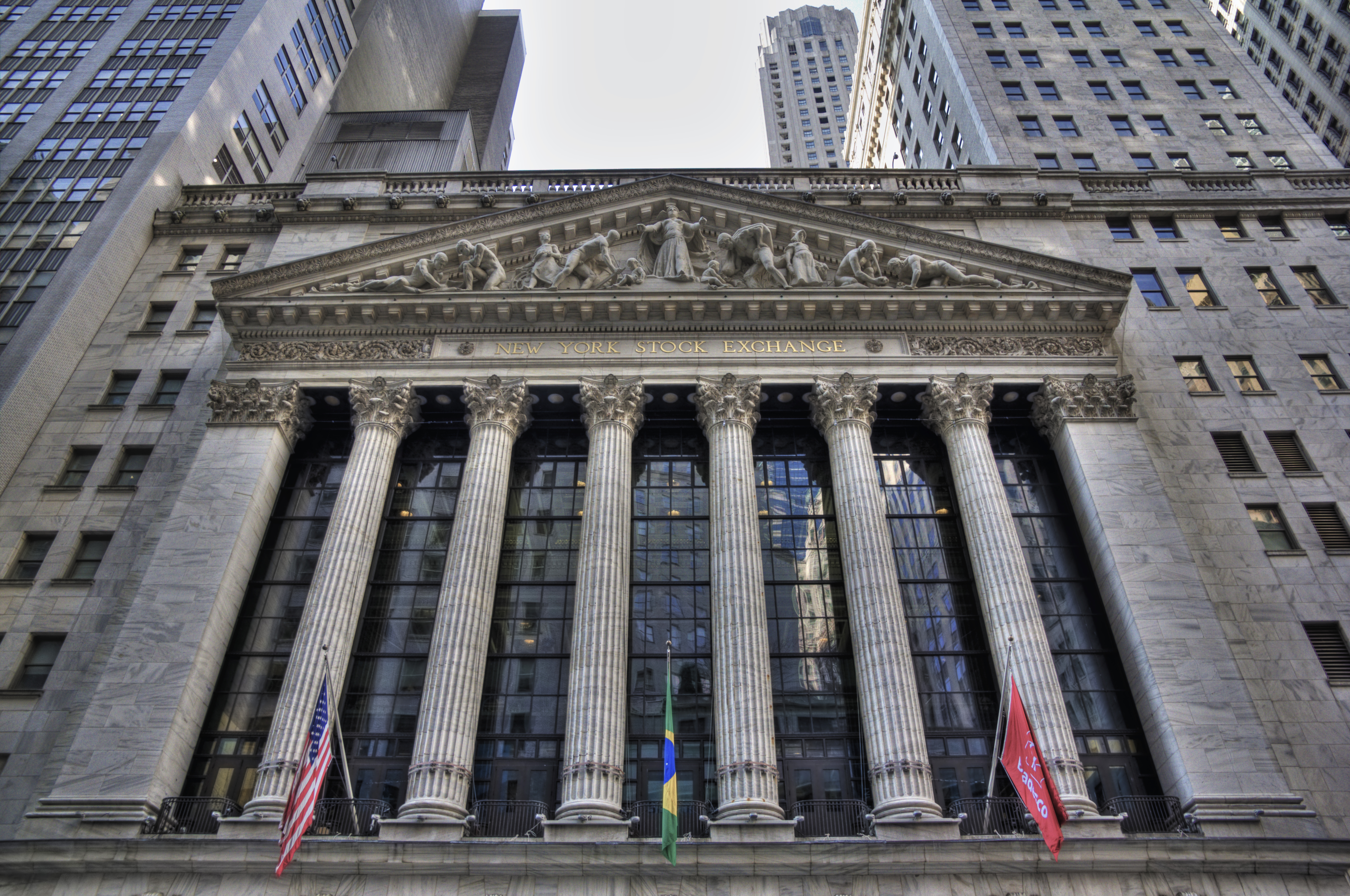Stock Exchanges and Clearing Houses
- Introduction to Stock Exchanges
- Mechanics of Stock Trading
- Basics of Clearing Houses
- Interplay of Stock Exchanges and Clearing Houses
Introduction to Stock Exchanges
Definition and History of Stock Exchanges

Organization that provides services for stock brokers and traders to trade securities.
A stock exchange, also known as a bourse, is a regulated marketplace where buyers and sellers can trade in securities such as shares, bonds, and other financial instruments. It serves as a platform that brings together investors who wish to buy stocks and companies that want to raise funds by selling their stocks to the public.
The concept of a stock exchange dates back to the 12th century when commodity traders started to meet on a regular basis in London to exchange goods and negotiate prices. However, the first recognized stock exchange as we know it today was established in Antwerp, Belgium, in 1531.
The Amsterdam Stock Exchange, established in 1602 by the Dutch East India Company, was the first to start trading in securities. It was here that the concept of a central place for trading in shares, and issuance of stock for a company was first conceived. This marked the beginning of modern stock exchanges.
In the United States, the New York Stock Exchange (NYSE) was established in 1792. It started with five securities, which included three government bonds and two bank stocks. Today, the NYSE is the world's largest stock exchange, with thousands of listed companies.
The evolution of stock exchanges has been influenced by many factors, including economic conditions, technological advancements, and regulatory changes. In the early days, trading was conducted in physical locations known as trading floors, where traders used hand signals and verbal communication to trade securities. However, with the advent of technology, most stock exchanges have now transitioned to electronic trading platforms, which allow for faster and more efficient trading.
The history of stock exchanges is marked by periods of rapid growth, as well as periods of crisis and downturns. Despite these challenges, stock exchanges have continued to play a crucial role in the global financial system, facilitating the allocation of capital, supporting economic growth, and providing a platform for investors to share in the profits of businesses.
In conclusion, stock exchanges have come a long way from their humble beginnings. They have evolved into complex, regulated institutions that play a vital role in our financial system. Understanding their history and evolution can provide valuable insights into their current operations and future trends.